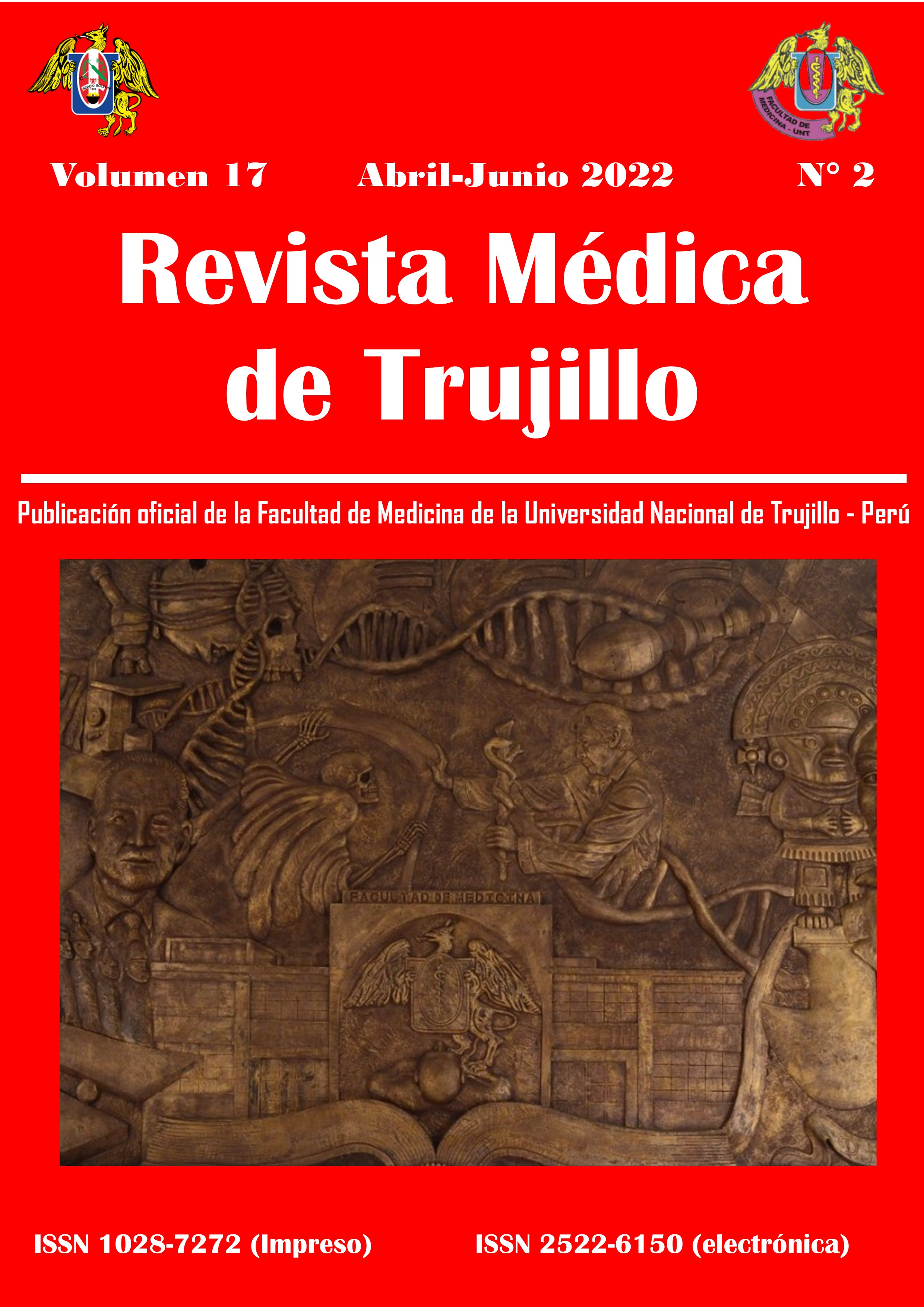Enfermedad hemolítica por incompatibilidad de factor RH D variante tratado con inmunoglobulina humana
Hyperbilirubinemia due to variant RH D factor incompatibility, and importance of timely use of human inmunoglobulin
DOI:
https://doi.org/10.17268/rmt.2022.v17i2.4569Keywords:
Hemolytic disease, inflammation, isoimmunization, jaundice, neonateAbstract
Hemolytic disease of the newborn may be due to Rh disease, ABO blood group incompatibility, and alloantibody reactions. His management plan includes: enteral or intravenous hydration, phototherapy, exchange transfusion, and intravenous immunoglobulin. The American Academy of Pediatrics recommends IV Ig for newborns with hemolytic disease due to Rh incompatibility, ABO and increased bilirubin, as it may be an alternative to exchange transfusion and has been reported in some clinical trials. We present the case of a newborn group O Rh D-Variant, with predominantly indirect hyperbilirubinemia plus hemolytic anemia; who was managed with phototherapy, exchange transfusion, IV Ig and packed red blood cell transfusion with favorable evolution. The diagnosis of hemolytic disease of the newborn due to Rh incompatibility of subgroups is confirmed by demonstrating antibody-mediated hemolysis either by a positive direct or indirect antiglobulin test (DAT), so it should be considered in newborns with pathological jaundice who do not have respond to conventional treatment, presenting a risk of severe hyperbilirubinemia and hemolytic anemia.
Published
How to Cite
Issue
Section
License

This work is licensed under a Creative Commons Attribution-NonCommercial 4.0 International License.










